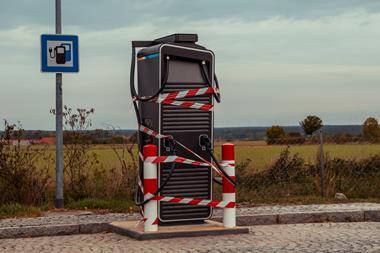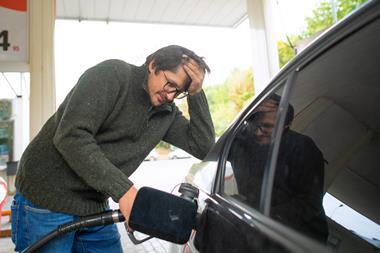Tax experts have strongly supported the case for fuel retailers to receive refunds for fuel removed by oil company’s vapour recovery equipment during deliveries.
The case is argued by the Chartered Institute of Taxation (CIOT), the leading professional body in the UK concerned solely with taxation, in its response to HM Revenue & Customs’ (HMRC) consultation on vapour recovery.
HMRC was forced to consult on new methods of dealing with vapour recovery after the scheme it was operating was deemed unlawful.
In its evidence, CIOT suggested the recent victory by Brobot in a case against HMRC over duty deferment could present a way to solve the problem.
It said: “Previously, HMRC have only allowed the refund claims to be made by the suppliers and not the retailers citing administrative ease and risk of fraud. However an option would be to allow retailers to apply to defer duty themselves and these supplies would then be made under duty suspension. Any refund could then be made directly to the retailer avoiding unjust enrichment issues.”
It then referred to the Brobot case and said: “This approach would ensure that the person paying the tax remains the party able to recover the overpaid tax and resolve the distributor versus retailer argument as to who retains the benefit of the refund.”
CIOT’s evidence also referred to the issue of “widespread inaccuracy of invoicing and fuel measurements in the petrol industry”. It noted: “The lack of enforcement by HMRC of the current measurement regime means that the record keeping on which the vapour recovery scheme is based is flawed and this needs to be addressed if any future scheme is to provide accuracy, certainty and fairness.”
CIOT was also critical of the second option suggested by HMRC, to address the issue within existing warehousing approval terms and conditions. It said: “Our concern with this option is that, despite HMRC saying there are current legal provisions for this arrangement in the consultation document, we believe such ‘costorage’ does not have a legislative basis in warehousing regulations (The Excise Warehousing (etc) Regulations 1988) and it is operated as a ‘discretionary’ policy. This seems to be taking a step backwards and is the very reason for this consultation.”
The consultation closed on September 9 and HMRC plans to publish a summary of responses next month, and advise of the outcome, setting out next steps, including the approach to any potential legislation.

































No comments yet